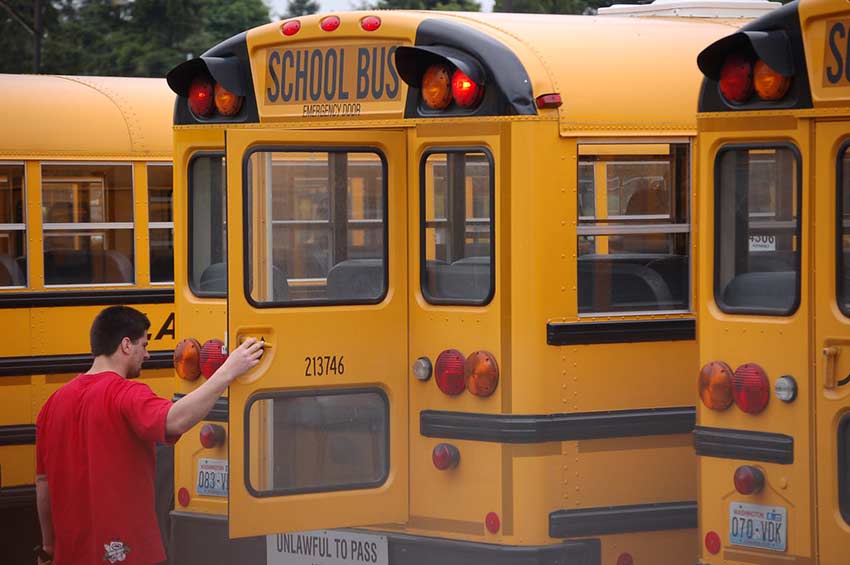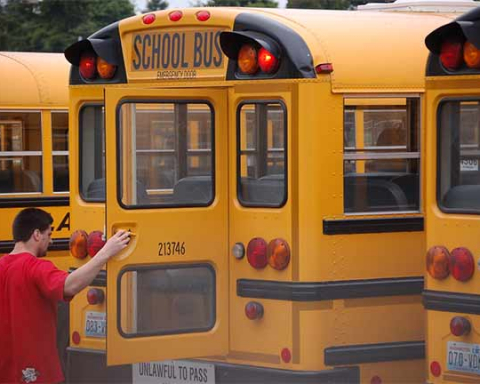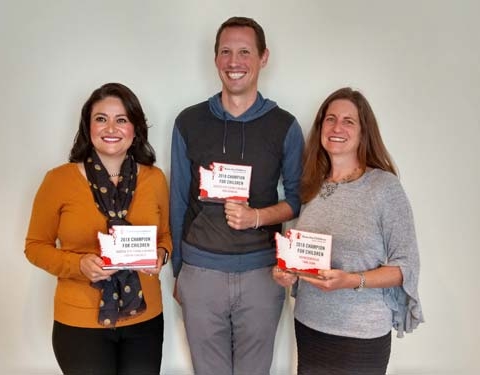Charter schools in Washington have been met with significant opposition since they were authorized by an initiative by voters a decade ago, notably from the state teacher’s union. There are, in fact, two pieces of legislation that need to be passed this year to eliminate discriminatory hurdles to the development of outcomes-focused learning communities.
With Washington’s charters, low-income children may have a free and public alternative to costly private education. Traditional schools tend to have lower numbers of pupils of color, low-income children, and students with impairments.
Champions of public charter schools have long held that all children should be given the option to attend a top-notch public institution of higher learning. Millions of kids have beaten the odds to seek college degrees and rewarding professions and lives thanks to charter schools.
Compared to pupils in regular public schools, those who attend urban charter schools in 41 metropolitan zones obtain an additional year’s worth of instruction in mathematics and reading, according to a study by Stanford University.
Black and Hispanic English language learners fared much better than their white peers, according to the survey. In addition, data show that graduates of high schools in the Charter School Growth Fund’s portfolio are four times more likely to go to college than other low-income kids.
The Washington State Charter Schools Association says that the state only authorized 24 of the 40 charter schools available under the law well before the authorization window expired in April. At least two schools in the Puget Sound region are unable to go forward until that deadline is extended.
The authorization date would be extended to 2027 if House Bill 1962 is passed, allowing this and other parties more time to conclude their plans. As a past critic of charter schools, Rep. Debra Entenman (D-Kent) says she has grown to respect the role they play in bringing families together and assisting children of color.
“I see a diverse student body in many of the charter schools, as well as achievement,” stated Entenman. On Jan. 13, the House Education Committee forwarded Entenman’s measure. There should be a public hearing scheduled by Committee Chair Sharon Tomiko Santos (D-Seattle) so that individuals of the neighborhood may speak out for themselves.
“We don’t have a millionaire contributing money for us,” stated Oglala, Lakota Sarah Sense-Wilson. Currently, she serves as chair and co-founder of the Urban Native Education Alliance, which has been involved in the Seattle proposal. “There is no other choice than charter schools.”
Another plan, House Bill 1591, would correct the systemic underfunding of charter schools by granting charter schools an additional $1,550 per student in academic enrichment programs, levy equalization money for extracurricular activities, and key support personnel, among other things.
Local levy monies often used by conventional school districts to augment basic education earnings are not available to charter schools. According to the Charter Schools Association, it amounts to a $1,550-$3,000 per student shortfall for charters. The fundamental objective of the public charter school statute is betrayed when charter children are subjected to such an unfair disadvantage.
When it comes to these two concerns, this isn’t exactly the first time that legislators have debated them. This time, legislators must resist government pressure and do the right thing for children attending public schools.
*User submitted post. If you want to tell your story, contact us. Your voice is important so share it with us. Emerald City Journal – Seattle’s Newspaper
Photo Credit: “Seattle School Buses” by peffs






